Top 10 Best E-commerce ERP Software For Your Business, Now Or Never
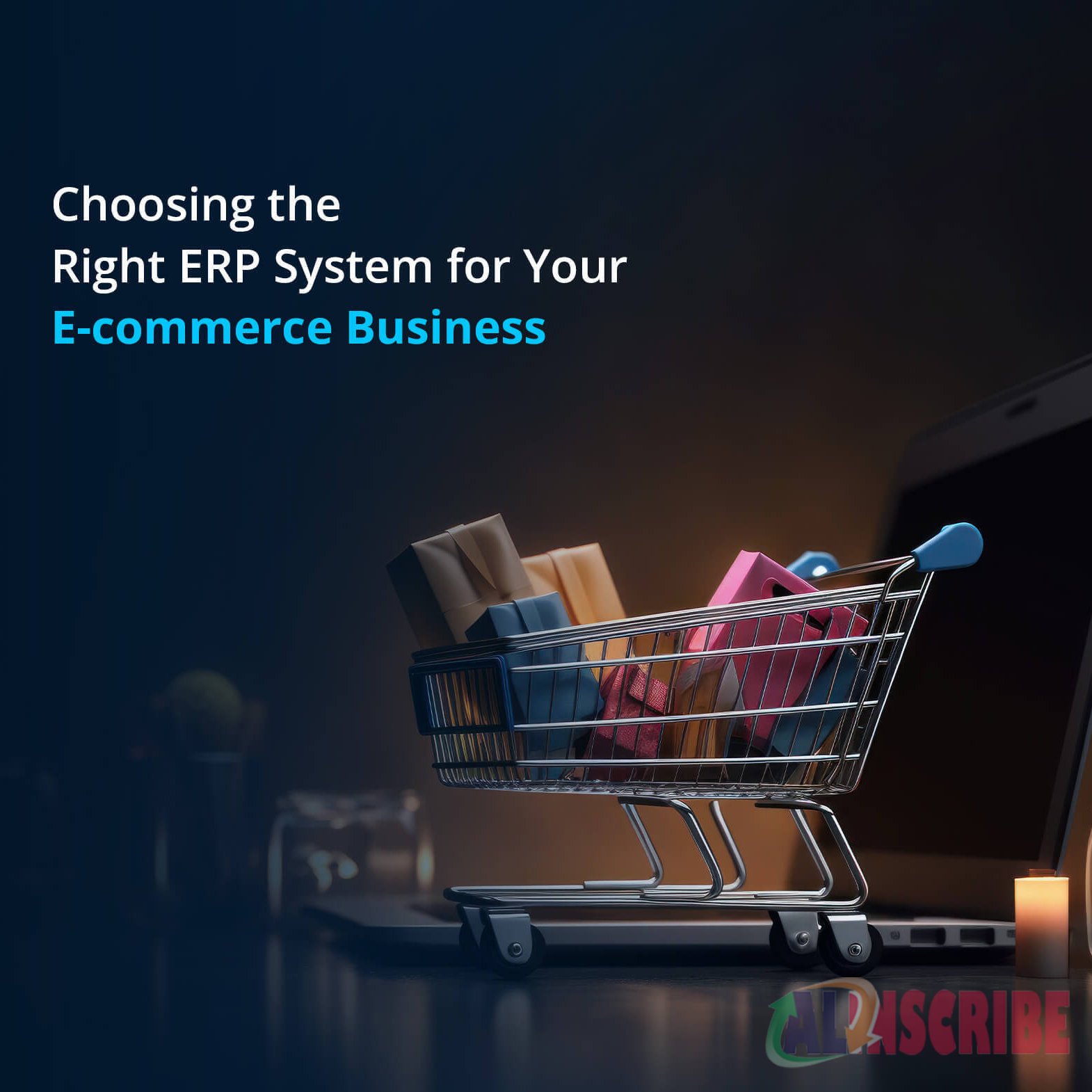
The importance of implementing an ERP system in an e-commerce platform is undoubtedly one of the most overlooked subject by the ecommerce companies. There are several reasons behind this negligence and the primary reason is the hustle. Since e-commerce companies possess humongous amount of data, it is quite tough for them to migrate from one system to another. Moreover, the ERP systems being complicated and complex to use, doesn’t help much with the migration. Hence, the e-commerce companies refrain from the needed integration. However, there are some ERP systems, which offer a less complicated and more flexible solution along with several other features to satisfy the needs of the e-commerce companies. Now the question is, which are the ERP systems that offer seamless ecommerce integration?
To provide an answer to this question, we have crafted this article with the list of top 10 e-commerce ERP software for e-commerce businesses. Each of the e-commerce ERP software will have an explanation, reading which you can determine if the software is ideal for your ecommerce platform or not. But beforehand, let’s go through the criteria that you should keep in mind while selecting e-commerce ERP software for your business.
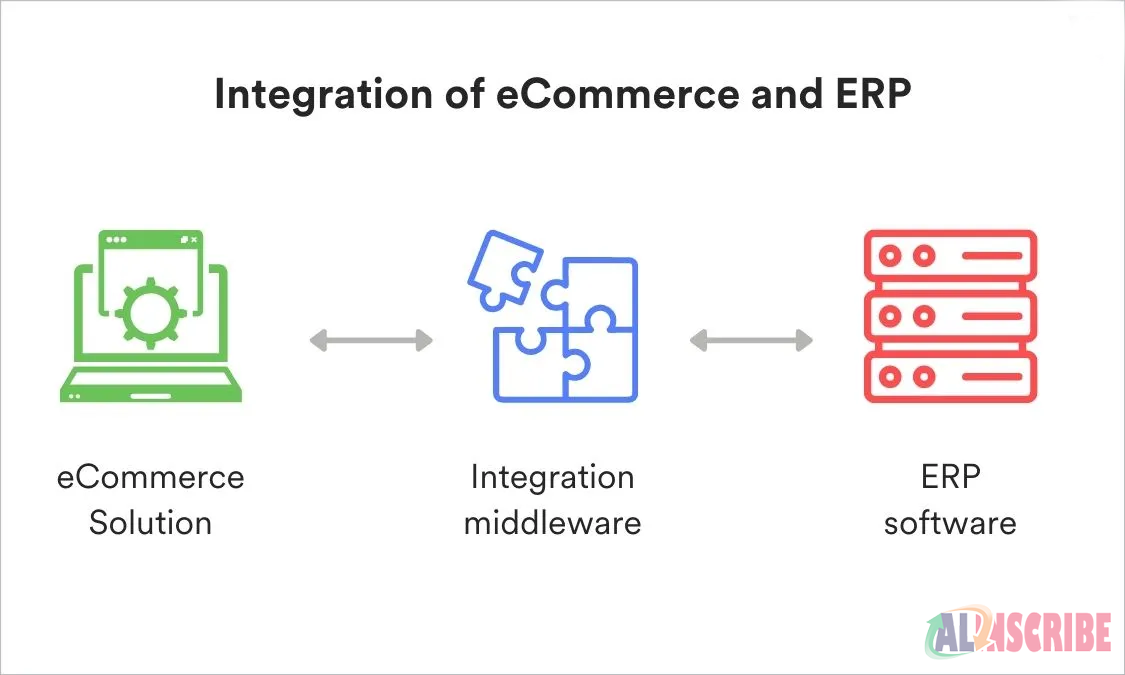
E-commerce ERP software selection criteria
Selecting the best e-commerce ERP software can prove to be a challenge in 2023 as a varied range of ERP software are available in the market, which are claimed to be paired really well with ecommerce platforms. Hence, it is really easy to be confused with all the available options. In this scenario, you need to look for e-commerce ERP software based on some of the selection criteria. These selection criteria are discussed below along with justified explanations.
Third-party integration features
E-commerce businesses are usually very focused on their customer experiences and as a result they have separate CRM software. In this regard, your ERP software need to have third-party integration features to support your CRM software, derive data from there, create tickets out of the raised issues, track purchase cycles etc. Thus, it’s important for you to select the e-commerce ERP software which offers integration support and is quite flexible to work with the integrated software establishing more and more agility in the course of your business.
Easy user interface
User interface is one of the most critical factors when it comes to choosing software. making sure to choose an e-commerce ERP software with intuitive interface is crucial. In order to perform tasks correctly and fast, the users need to be able to locate the features without many issues. Moreover, having easy and intuitive interface can also help the users to learn to use the ERP themselves without having to invest much time in prolonged training sessions.
Enhanced usability
Among all the other features you cannot evade the primary reason of using an e-commerce ERP software, which is to initiate an easy and hustle free work and information flow from department to department. Hence, you need to choose an e-commerce ERP software that offers an enhanced usability.
Pricing
Last but not least, pricing should always be one of your primary criteria when choosing software for your business. The pricing system of ERP systems varies based on the software that you are choosing. There are mainly three types of pricing systems offered by the ERP vendors, which are perpetual licensing, subscription-based pricing and user-based pricing. Perpetual licensing is associated with paying only one time in exchange of using the software indefinitely. Subscription-based pricing allow you to subscribe to the software and its features for a limited period of time. User-based pricing allows you to pay for every user that signs up from your organization. If your ecommerce company is small and you don’t have many employees, then user-based pricing can be the best option for you. Middle and large enterprises both prefer subscription-based pricing. Large corporates with a stable IT department usually opt for perpetual licensing; however, it can be a huge risk given the fact that migrating to another software will not be that easy when you choose perpetual licensing. Thus, you need to choose an ERP that offers the pricing system preferred by your ecommerce organization and fits within your budget.
Additionally, we would recommend you test the e-commerce ERP software first with their free-plans in order to understand if it is working out for you or not.
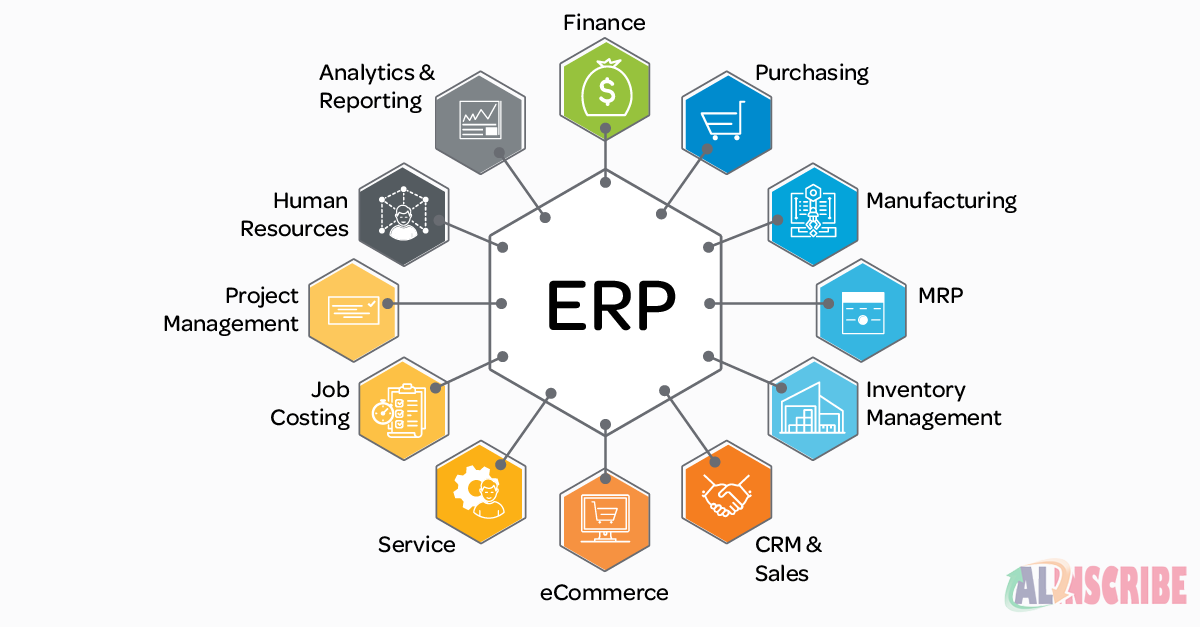
Top 10 e-commerce ERP software for your e-commerce business
The list of 10 best e-commerce ERP software is presented in a descending order. Hence, the e-commerce ERP software to gain the top spot of the list is reveal at the end of the list. make sure to read the article till the end to know which e-commerce ERP software is the best for your e-commerce business.
10. Oracle Cloud ERP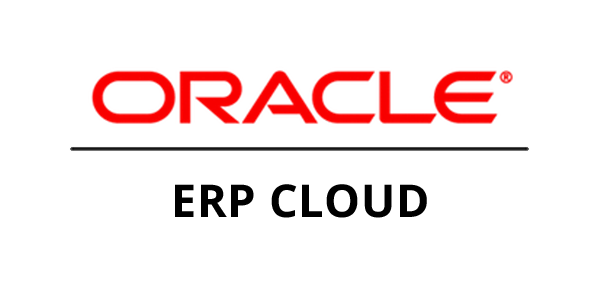
|
Pricing |
Pricing upon request |
|
Best for |
Process automation with the help of AI and machine learning. |
|
Features |
Resource scheduling, risk analytics, purchase order management, supplier management, visual analytics, online invoicing, order management, income and balance sheets, and data visualization. |
The 10th position of this e-commerce ERP software list has been gained by Oracle Cloud ERP. This e-commerce ERP software is known to be the best for automating business processes in real-time with the help of AI and machine learning. This e-commerce ERP software allows the organization to perform process deviations that is tough to find in the feature sets of other software solutions. However, the most intriguing factor about this e-commerce ERP software is that it can easily suit any ecommerce business size. It has a plethora of comprehensive solutions that are built for specific industries keeping the industry standard under consideration. It also offers real-time analytics and signifies shifts in market, which is certainly a very crucial feature for e-commerce businesses.
The pros and cons of the e-commerce ERP software are presented below,
|
Pros |
Cons |
|
|
9. Blue Link ERP
|
Pricing |
Pricing upon request |
|
Best for |
All-in-one ERP solution |
|
Features |
Data import and export, lead management, payroll, expense tracking, forecasting, dashboard, customer management, budgeting, general account ledger, and order management. |
Blue Link ERP has gained the 9th position of the top 10 e-commerce ERP software list. this ERP system is known for simplifying and automating business processes while offering an organized and streamlined solution. The most effective feature to be offered by Blue Link is a pre-built ecommerce integration with third-party applications such as Shopify and eBay. It also allows the users to track customer communication and take important steps with the help of an integrated CRM system.
The pros and cons of this e-commerce ERP software are discussed below,
|
Pros |
Cons |
|
|
8. MRPeasy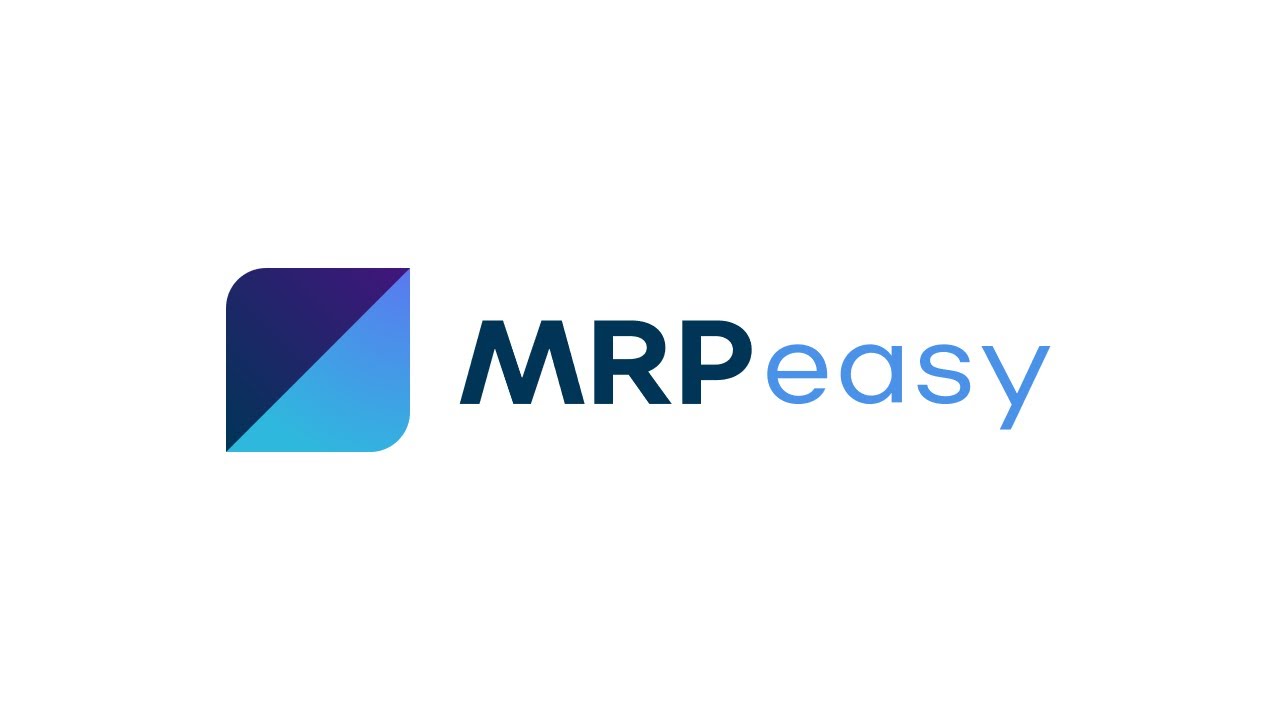
|
Pricing |
User-based pricing (from $49/user/month) |
|
Best for |
Small e-commerce businesses |
|
Features |
Production calendar, dynamic rescheduling, operations planning and reporting, stock planning, inventory alerts, shipment planning and reporting, barcoding and scanning, warehouse transfers, automated purchase orders, invoicing, and user specific access permissions. |
The 8th rank of this list of 10 best e-commerce ERP software has been claimed by MRPeasy. This e-commerce ERP software is an all-in-one place for setting up employee schedules, managing supply chain, providing customer support, processing orders and so on. Reporting and forecasting features of the e-commerce ERP software helps the users in generating professional reports and gain insight about the progress in sales. They can easily find the areas that are lacking and take proper measures.
The pros and cons of the ERP system are presented below,
|
Pros |
Cons |
|
|
7. Infor ERP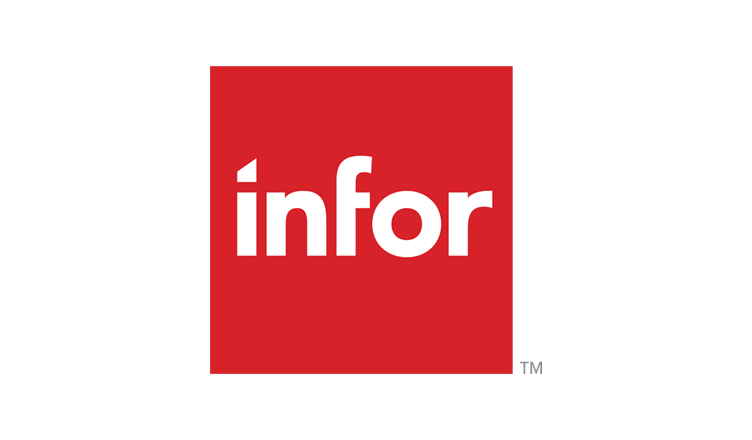
|
Pricing |
Pricing upon request |
|
Best for |
Distribution businesses |
|
Features |
Supplier management, data visualization, expense tracking, data import and export, scheduling, project management, forecasting, budgeting, and customer management. |
Infor ERP is the 7th best e-commerce ERP software for e-commerce businesses. The software is especially curated for distribution companies. It is capable of organizing complex distribution channels and their requirements within its easy user interface. Infor also allows the users to gain a real-time insight of product availability and pricing. Another of the advantage of using this e-commerce ERP software is that it offers a very flexible deployment option.
The pros and cons of Infor e-commerce ERP software are presented below,
|
Pros |
Cons |
|
|
6. Epicor ERP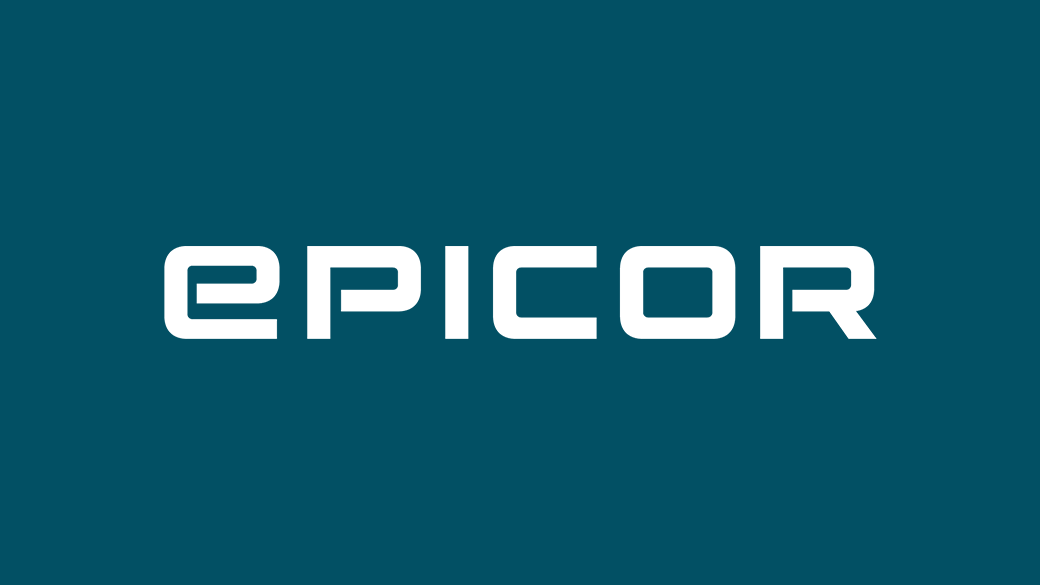
|
Pricing |
User-based pricing (from $175/user/month) |
|
Best for |
Online store management |
|
Features |
Budgeting, customer management, inventory tracking, data import and export, forecasting, data visualization, notifications, supplier management, and expense tracking. |
Established as the 6th best e-commerce ERP software, Epicor is known for being helpful in managing multiple web stores easily and efficiently. The ERP system also provides a real-time visualization of the store’s performance. It is also very easy to use for managing customer relationship. You can also plan resource, collaborate with the vendors, distribute work and perform many other activities that are not usually supported by an ERP system.
The pros and cons of this e-commerce ERP software are presented below,
|
Pros |
Cons |
|
|
5. SAP ERP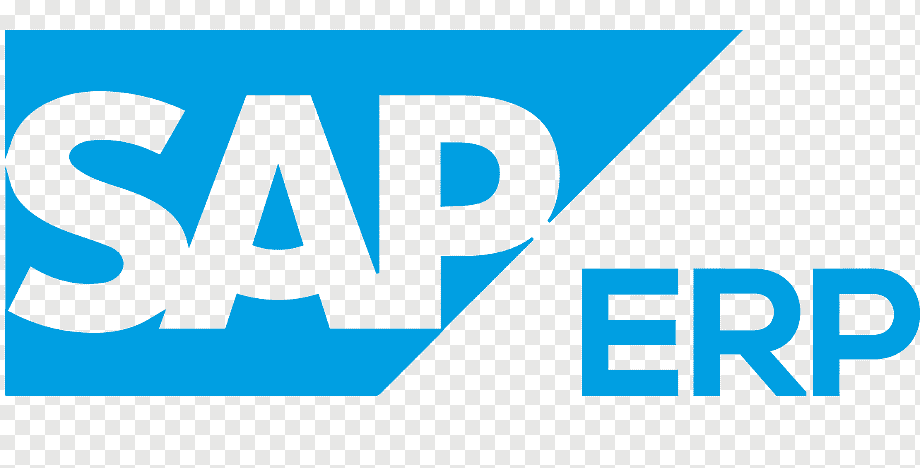
|
Pricing |
From $3200/user for a perpetual license |
|
Best for |
E-commerce intelligence |
|
Features |
Forecasting, inventory tracking, data visualization, expense tracking, data import and export, customer management, budgeting, calendar management, and scheduling. |
SAP ERP has gained the 5th position in this list of top 10 e-commerce ERP software. E-commerce intelligence offered by this e-commerce ERP software is one of the primary, most efficient and effective feature for the e-commerce industry since it can monitor and analyze customer behavior, identify product trends and simplify operations. SAP ERP offers 500+ industry specific add-ons to work to, which makes it very flexible and agile.
The pros and cons of SAP ERP are discussed below,
|
Pros |
Cons |
|
|
4. Brightpearl ERP
|
Pricing |
Pricing upon request |
|
Best for |
Companies with multichannel sales strategies |
|
Features |
Inventory management, forecasting, trend analysis, warehouse management, reporting, real-time data, processing, multi-currency, and order management. |
4th place of this list of e-commerce ERP software has been taken by Brightpearl ERP. This ERP system is known for its efficient interface for companies with multichannel sales strategies, which drives towards data-driven decision making process. The e-commerce ERP software also offers a proper infrastructure and support for small and medium sized companies.
The pros and cons of the e-commerce ERP software are presented below,
|
Pros |
Cons |
|
|
3. Tactic ERP & CRM
|
Pricing |
|
|
Best for |
Complex business processes |
|
Features |
Vendor management, shipment management, reception management, invoice generation, product and service management, inventory management, stocks management, multicurrency feature, multilanguage feature and so on. |
Tactic ERP & CRM lands itself as the 3rd best ERP ecommerce software in this list. Tactic is a powerhouse of features, which are capable of supporting every business process an e-commerce company may have. Starting from products management to warehouse and stock replenishment, everything can be achieved with Tactic ERP & CRM. The CRM modules possessed by Tactic allows the users to manage customers effectively without having to rely on another software. Hence, it’s safe to say that Tactic ERP & CRM is one of the best ecommerce ERP software.
The pros and cons of the e-commerce ERP software are discussed below,
|
Pros |
Cons |
|
|
2. Acumatica ERP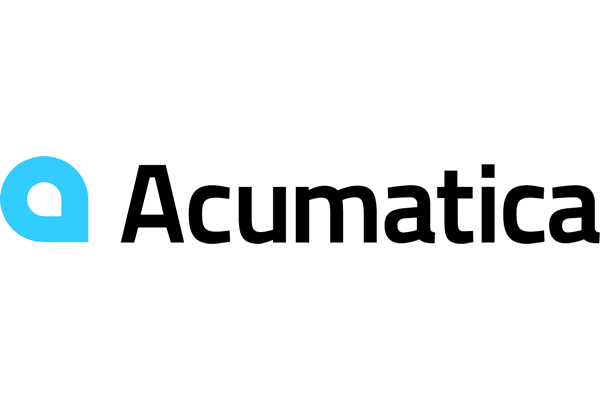
|
Pricing |
Pricing upon request |
|
Best for |
Workflow automation |
|
Features |
Financial management, construction management, customizable workflows, item management, warehouse automation, customer management, user-level permissions, and sales order management. |
The second-best e-commerce ERP software to make it to our list is Acumatica ERP system. It is a robust platform that offers unmatched workflow automation with the help of AI. It eases up many complicated processes and helps the users in using the software without many confusions. It offers real-time insights anywhere anytime. The cross-module workflow enhances the overall performance of the organization. Acumatica is certainly one of the very few e-commerce ERP software that lives upon its claim of improving businesses.
The pros and cons of the software are presented below,
|
Pros |
Cons |
|
|
1. Wrike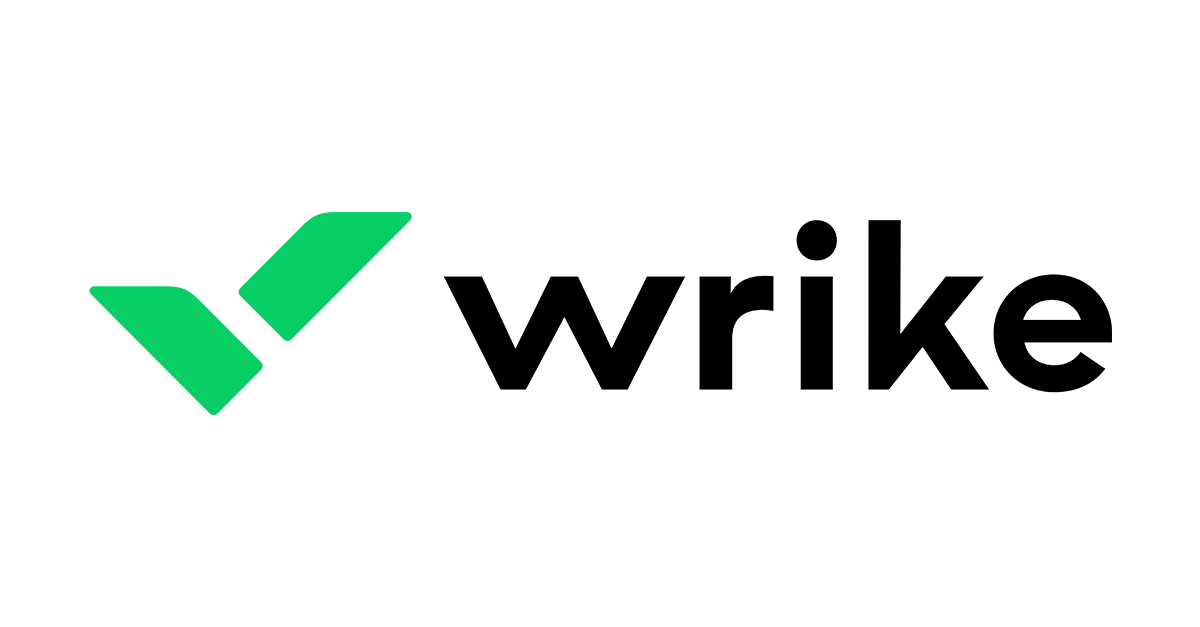
|
Pricing |
User-based pricing (From $9.80/user/month) |
|
Best for |
Project and task planning |
|
Features |
400+ pre-built native integrations, including integrations with the most popular file management software from Microsoft, Google, and Dropbox, along with sales and marketing software from Salesforce and Marketo. |
The very first place of this e-commerce ERP software list has been claimed by Wrike. It helps businesses in streamlining their processes like never before. This ERP system makes it easier for the ecommerce companies to keep track of customer integration by offering a comprehensive contact management system. Sellers are offered valuable insights on their performance and take proper measures to better-up any lacking areas. Cloud storage allows remote teams to stay connected to each other and to access the system anytime they need. Additionally, the analytics tool of the ERP system helps in determining better decision making process for future ventures.
The pros and cons of Wrike are discussed below,
|
Pros |
Cons |
|
|
Conclusion
From the above discussion it can be stated that each of these e-commerce ERP software has its own specializations. The e-commerce companies can choose e-commerce ERP software based on these specializations and their business needs. However, it is important to compare these software to one another for finding the best one for their business.
Article Comments
Similar Articles
Articles Search
Sponsor
There are zero sub-categories in this parent category.
There are zero sub-categories in this parent category.
There are zero sub-categories in this parent category.
















